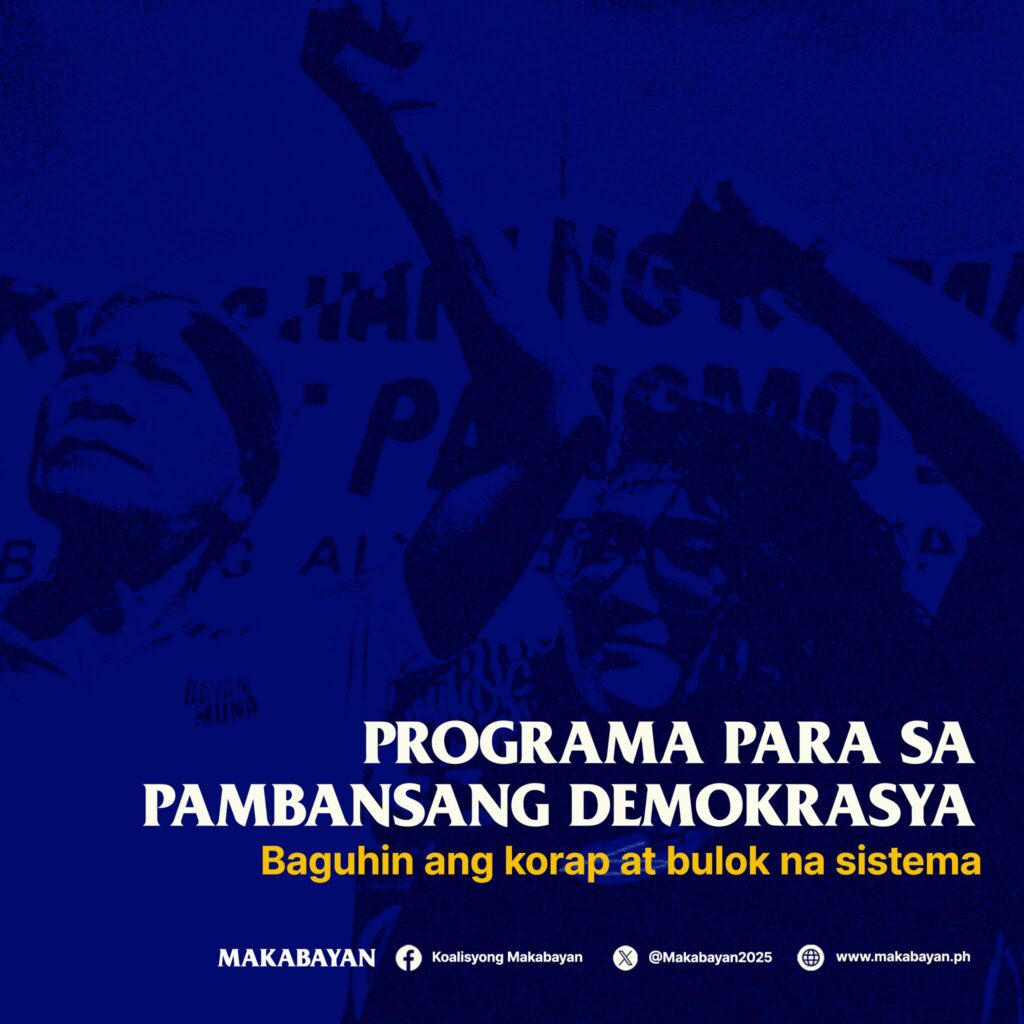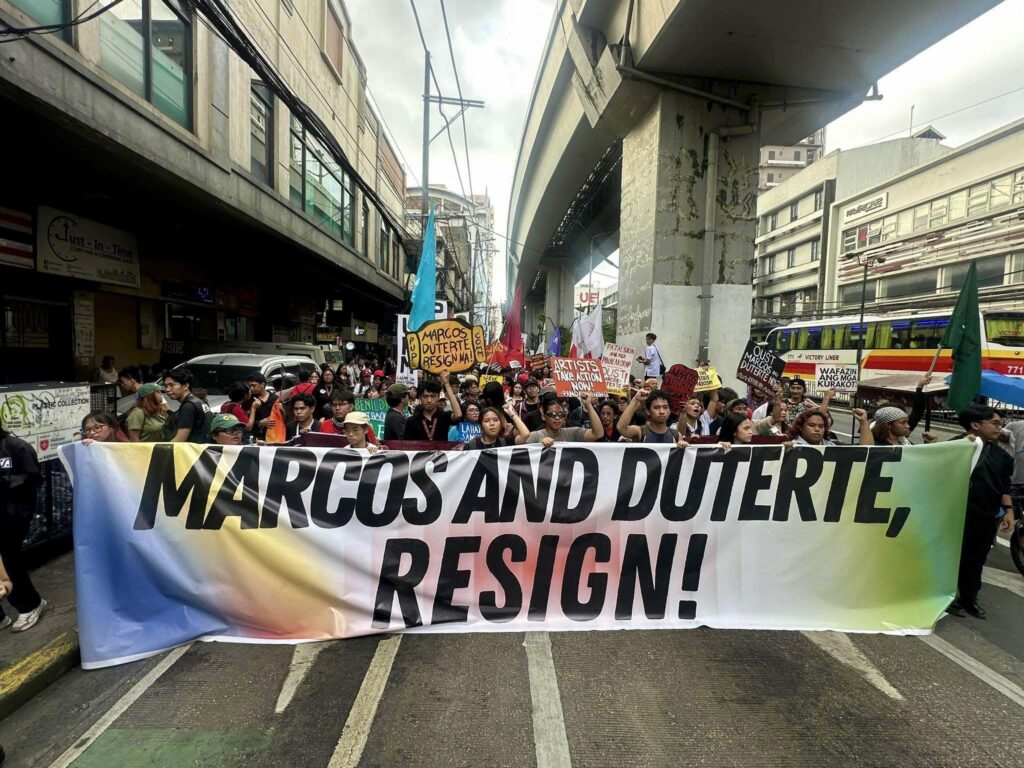I went to see Jeproks: Mga Awitin ni Mike Hanopol last night without a clue what I was getting into. No reviews read, no synopses checked, not even a quick Google. I wasn’t familiar with most of the songs used in the play either– and that turned out to be a blessing. Sometimes, ignorance really is bliss. I just showed up at the GSIS Theater on the day I got an invitation from the playwright himself, Palanca Hall of Famer Atty. Nick Pichay.
I’d seen posts on social media about the play, mostly praising the artists– how brilliant Jett Pangan was, or how Ezra David had stepped out of the shadow of his mother, Dulce, Asia’s Timeless Diva. But without dwelling on that, the title alone gave me an idea: maybe the musical would be light, playful, a look back at the life and angst of young adults in the ’70s. And true enough, the first part felt exactly that way: friends hanging out, chasing music, rebelling against parents, living the bohemian dream. It was easy to watch, and for me, it stirred memories of my own childhood in the ’70s.
Then the second act hit. It wasn’t what I expected. Suddenly, the story went straight into the buildup to Martial Law. Protest rallies filled the stage, clashes with authorities, the violence of the times. The mood shifted, and the play demanded you sit up and pay attention.
The most chilling part was the desaparecidos– the missing, the silenced, the ones who never came home. Their presence in the story reminded me that Martial Law wasn’t just a political headline but a phase in our nation’s history where many people lived in pain. I found myself thanking Nick for choosing this direction. It was brave, and it was right. Martial Law happened.
That gravity feels even sharper today, when there are attempts to soften or even romanticize that era. Just recently, Senator Robin Padilla, in his eulogy for former Senate President Juan Ponce Enrile– the chief architect of Martial Law– said he told JPE he wanted to propose a bill to make September 21(the declaration of Martial Law in 1972) a national holiday because “it saved the country from communism.” The late senator advised him to set it aside because “Marami kang makakaaway d’yan.” That little exchange says a lot about how contested the memory of Martial Law still is.
In that light, Jeproks to me is more than a hippie show. The musical extravaganza was a reminder, a retelling, a refusal to let history be trivialized. It showed how theater bridges generations and forces us to face truths that others would prefer erased, softened, or conveniently glossed over.
As I walked out of the theater, I was convinced that Jeproks was staged not just to entertain but to remind us that we should honor the nation’s history, that we carry its weight with seriousness, and that we, hopefully, learn the lessons to avoid repeating the same mistakes over and over again.
Congratulations to the cast and the team behind this production. Maraming salamat, Nick Pichay!
For comments, email jojoterencio@gmail.com




